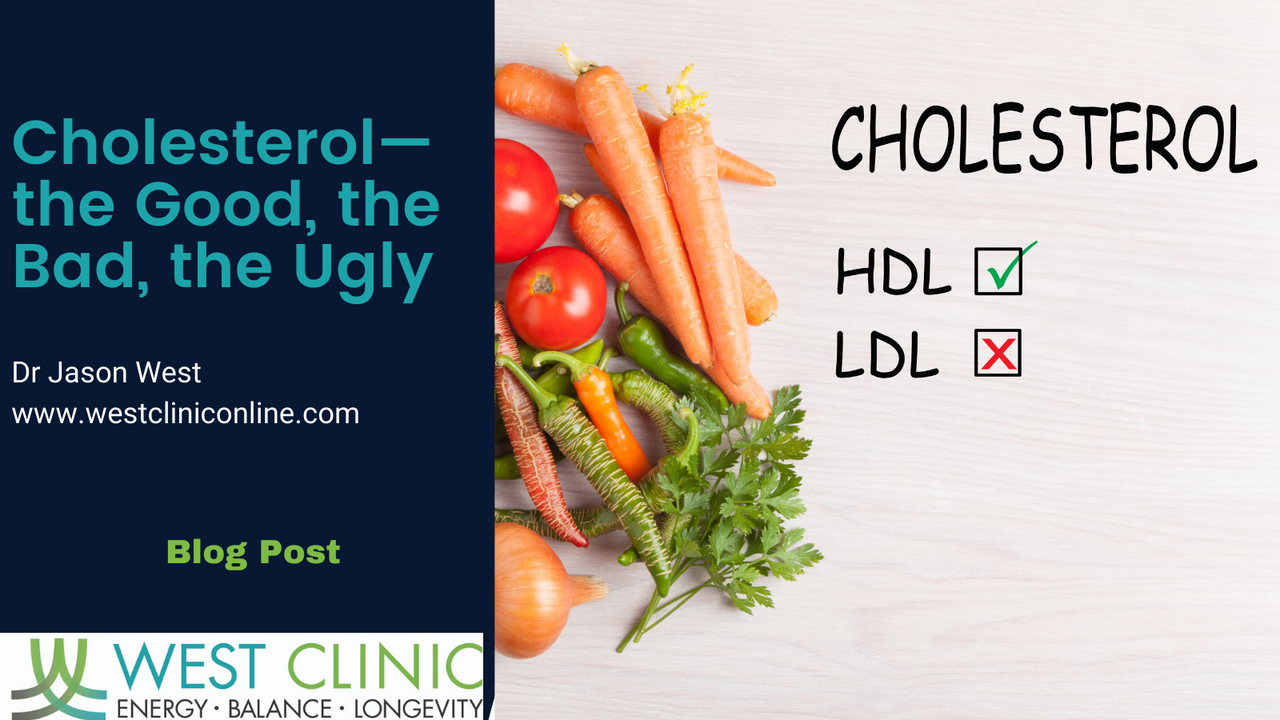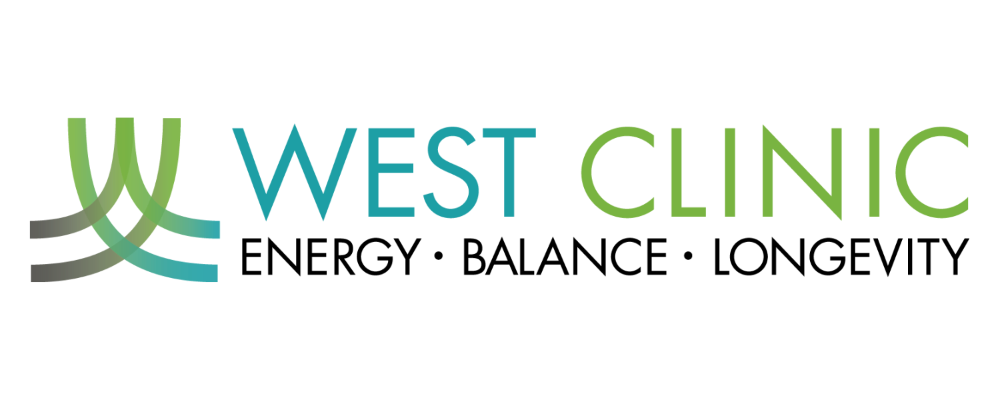Cholesterol—the Good, the Bad, the Ugly

Contrary to what the medical industry says, cholesterol is not the major culprit in heart disease—or any disease for that matter.
You might be thinking, “What? I just don’t believe that!” And our response would be, “Yep! It’s not the major culprit. In fact, cholesterol is good and necessary.”
Okay, let’s be rational here. If cholesterol becomes oxidized it can irritate/inflame tissue it is lodged in, such as the endothelium (the lining of the arteries). This would be one of the numerous causes of chronic in inflammation that can injure the lining of the arteries. However, many good fats are easily oxidized, such as omega-3 fatty acids, but it does not mean that you should avoid them at all costs.
 Conventional medical
thinking indicates that
we should avoid the
oxidation (rancidity)
of cholesterol and
fatty acids by not
consuming fats all
together. Using that
same “common sense,”
conventional medical thinking
would suggest reducing the
risk of Alzheimer’s disease by taking out everybody’s brain?
Conventional medical
thinking indicates that
we should avoid the
oxidation (rancidity)
of cholesterol and
fatty acids by not
consuming fats all
together. Using that
same “common sense,”
conventional medical thinking
would suggest reducing the
risk of Alzheimer’s disease by taking out everybody’s brain?
This same conventional medical thinking has put the idea into our heads that we are all suffering from high cholesterol. Their solution? Lower it with statin drugs like Lipitor.
This fixation on cholesterol as a major cause of heart disease defies the last 15 years of science and deflects from real causes of chronic inflammation, such as the damage that sugars such as glucose and fructose inflict on tissues (including the lining of the arteries).
Hundreds of articles, research papers, etc., have linked insulin resistance—and more recently leptin resistance—to cardiovascular disease much more strongly than cholesterol.
You need to understand. Cholesterol is an extremely important nutrient that your body needs to survive. It is the structural precursor of the membrane around each cell of the body. The body converts cholesterol into pregnenolone, and then converts that into important hormones like estrogen, progesterone, cortisol, testosterone, and DHEA.
Let’s get a little scientific here. There are two types of cholesterol: high-density lipoprotein (HDL), which is known as “good” cholesterol, and low-density lipoprotein (LDL), or “bad” cholesterol. HDL is so important to your body that it actually protects against atherosclerosis (hardening of the arteries). That is why total cholesterol levels are not typically very helpful in predicating heart disease. Instead, it is the proportion of HDL to total cholesterol ratio that is so important.
Elevated cholesterol is indicative of poor utilization of fats. It is also associated with the intake of alcohol, caffeine, tobacco, and even diabetes mellitus and hypothyroidism.
Conventional Medical Treatment
Prescribe, prescribe, and prescribe. Then surgery. The prescription consideration is a statin drug such as Lipitor, Zocor, Pravachol and Crestor.
What the statin drugs do is block HMGco-A reductase. This enzyme is necessary for muscle function and converts 3 hyrdroxy- 3-methlglutarly coenzyme A to mevalonate, which is then converted to cholesterol.
Where the statin drugs lower cholesterol levels there are significant side effects affecting muscle physiology. Just remember how important muscle function is for the heart.
There are some side effects from “statin” drugs, such as like symptoms, myopathy, myositis, peripheral neuropathy, and muscle wasting disease.
Let’s think about it, it’s impossible to disrupt a normal biochemical pathway for the long term and expect a good clinical result to occur. In other words, you can’t poison a crucial enzyme for the long-term and expect a good result. (David Brownstein, MD)
Is there a natural, safe solution?
Monascus purpureus (red rice yeast) forms naturally occurring HMG-CoA reductase inhibitors known as monocolins. The medical properties of red yeast rice favorably impact lipid pro les of hypercholesterolemic patients.
Monacolin K, also known as mevinolin or lovastatin, is the ingredient in red rice yeast that Merck & Co. asserts is a patented pharmaceutical. However, red yeast rice contains a family of nine different monacolins all of which have the ability to inhibit HMG-CoA reductase. Red rice yeast has an inhibitory on cholesterol biosynthesis in hepatic cells. It is unclear whether the lipid-lowering effect of red yeast rice is due solely to monacolin K content, or if other monacolins, sterols, and isoflavones contribute to its cholesterol- lowering effect.
What you can do…
- Liver-Gallbladder Complex to improve liver function.
- Low RYR which contains red yeast rice.
- Reduce refined carbohydrates, junk foods and soft drinks.
- Increase the intake of essential fatty acids (EFA’s) in the form of Ultimate Omega Balance.
*The Liver-Gallbladder Complex formula has been specifically designed to support liver function and fat metabolism as documented.
**Low RYR formula contains Monascus purpureus (red yeast rice) for the treatment of high cholesterol and high triglycerides.



